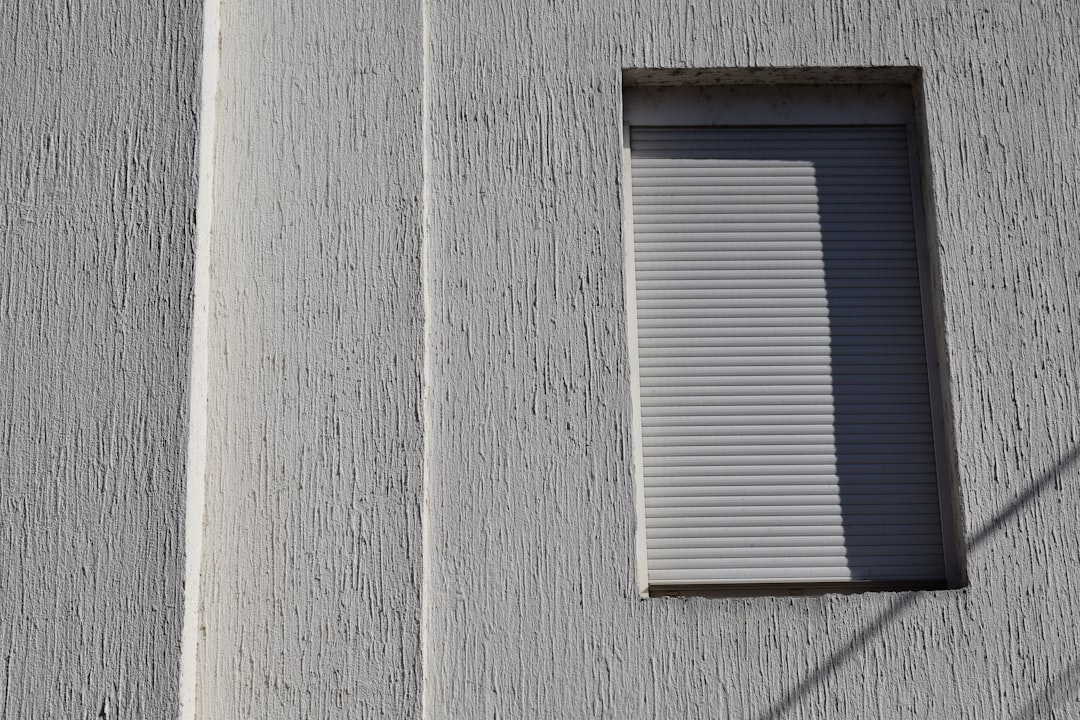
For construction professionals, accurately estimating the cost of replacing a garage door spring is crucial. The average cost ranges from $150–$350, with high-cycle upgrades reaching $350–$700. This guide breaks down the components involved, ensuring you can provide precise quotes and maintain client trust.
• Torsion springs are mounted above the door, providing smoother operation. They are preferred for modern installations.
• Extension springs are installed along the tracks and are more cost-effective but require safety cables.
Standard springs last for about 10,000 cycles. Upgrading to 20,000-cycle springs can significantly extend their lifespan, offering better value over time.
• Standard torsion spring: $50–$100 each.
• High-cycle torsion spring: $75–$150 each.
• Extension spring pairs: $15–$45.
Replacing springs requires professional expertise. Labor costs range from $75–$150 per hour, with potential surcharges for emergency services.
• Steel bearings and end plates: $10–$25.
• Center brackets, shafts, or safety cables: $10–$60.
• Tune-up kits: $50–$150.
• Disposal fees: $5–$20.
• Travel fees may apply for distances over 20 miles.
Most replacements fall between $250 and $350. High-cycle or specialty doors may increase costs to $350–$700. Accurate estimates are essential for maintaining client satisfaction.
Utilize tools that provide real-time pricing and task libraries to ensure precise estimates.
• Regular updates on local pricing ensure accuracy.
• Freight costs are calculated based on location.
• Pre-built assemblies and labor rates tailored for residential projects.
• Schedule non-emergency services during regular hours.
• Replace both springs simultaneously to save on future costs.
• Opt for high-cycle upgrades for long-term savings.
If the door is over 15 years old or lacks insulation, a full replacement may offer better ROI. Compare repair vs. replacement to determine the best option.
Professional replacement is recommended to avoid injury and ensure compliance with safety standards.
• Financing options are available for repairs over $250.
• Warranties vary; ensure coverage for both parts and labor.
1. Capture job details accurately.
2. Provide a transparent estimate.
3. Schedule and complete the service efficiently.
4. Ensure client satisfaction with thorough documentation.

A contractor in Mesa efficiently handled a spring replacement, demonstrating the importance of accurate estimates and timely service. The total cost was $350, matching the initial estimate, reinforcing trust and satisfaction.
1. Approval and dispatch were completed swiftly.
2. The replacement was finished by 10 a.m., with all components tested and documented.
3. The final cost matched the estimate, highlighting the value of precise planning.
• Accurate estimates prevent delays and additional costs.
• High-cycle springs offer long-term savings.
• Bundled services enhance value and client satisfaction.
• Monitor for early signs of wear to prevent failures.
• Maintain detailed records for accurate cycle tracking.
• Schedule regular inspections to ensure optimal performance.
• Real-time pricing and efficient workflows enhance service quality.
• Automated documentation improves client communication and trust.